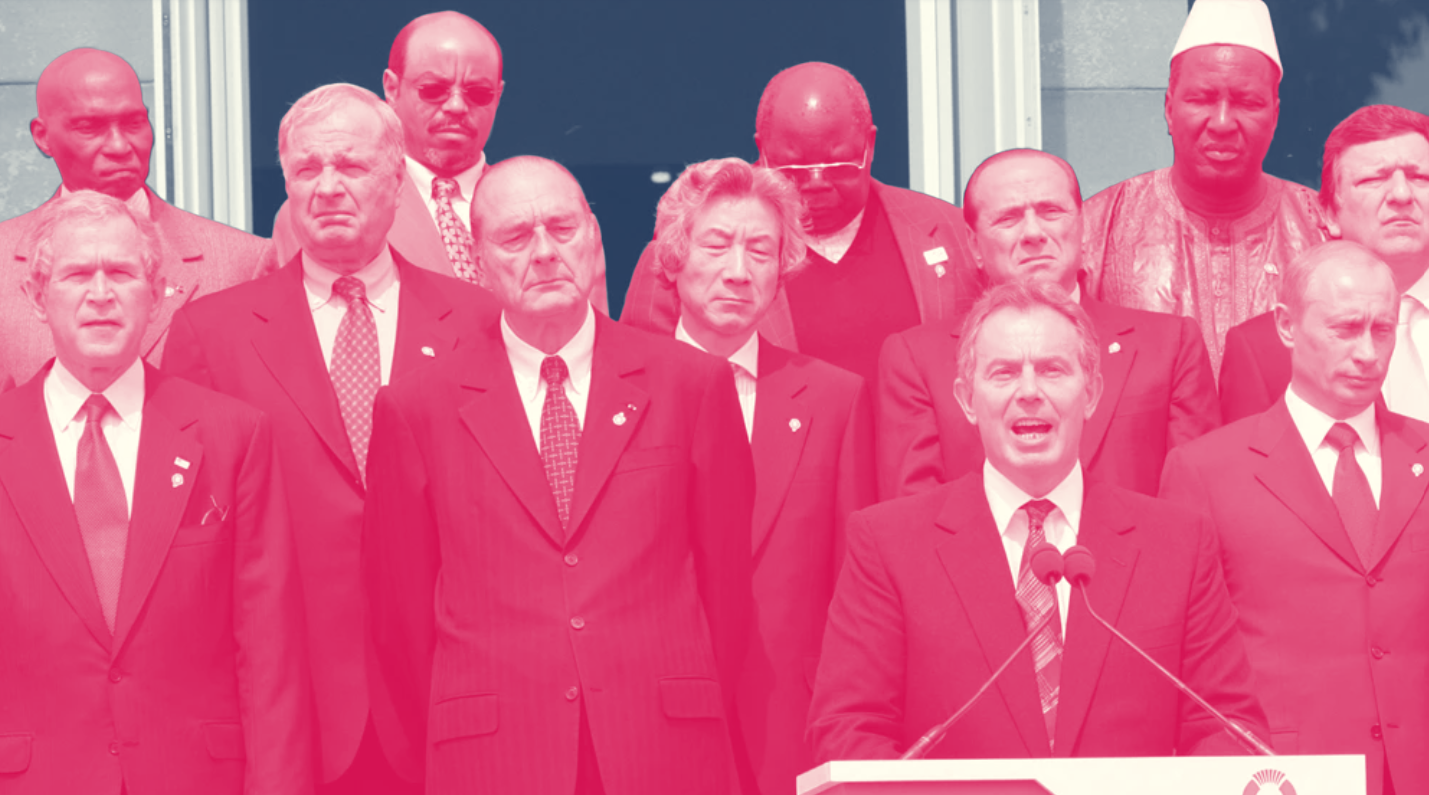

20 years ago, the words of Nelson Mandela rang out in Trafalgar Square. He called on the world to Make Poverty History stating that ‘as long as poverty, injustice and gross inequality persist in our world, none of us can truly rest’. World leaders gathering in Gleneagles in 2005 agreed- committing to cancel the debt of 18 of the poorest countries and boosting aid for developing counties by $50bn (£28.8bn). In 2025, as we approach the 20th anniversary of the Gleneagles summit, international development and aid is firmly in the spotlight but this time for very different reasons and in a very different context.
In February, the Government announced it would be cutting the aid budget to fund an increase in defence spending. Whilst the uplift for defence is welcome, for people like me who have campaigned and worked in international development for years and seen its first-hand impact, it was a painful decision.
In this new reality we are in, we must ensure that our aid delivers maximum impact, minimise the harm of these cuts through pursuing mitigation options and retain a commitment to returning to 0.7% as soon as fiscal circumstances allow – the current position of the Prime Minister and Government. So here are thoughts on 5 areas where the Government should act:
1. Cutting in-donor refugee costs: a significant proportion of our current aid budget is spent in the UK – yes that’s right, here in the UK. It is spent on ‘in donor’ refugee costs with approximately £4bn going towards supporting refugees and asylum seekers in 2023 – 28% of the UK’s total Official Development Assistance (ODA). This trend was started under the previous Conservative Government, which shamefully also left this Labour government with huge asylum backlogs. The Government has rightly committed to reducing the amount spent and we are making progress – provisional estimates suggest the amount was £2.8 billion in 2024. But we need a clear timeline to cutting this even further and a commitment that this money will be returned to the aid budget.
2. Maximising the impact of our aid and Leaving No One Behind: we don’t know yet where the aid cuts will fall and there will be very difficult choices. Decisions must be made against a clear vision and set of criteria. There are some areas where we simply can’t step back most notably our humanitarian aid in crises zones including Sudan, Gaza and Ukraine and from our climate commitments. We should ensure our choices are aligned with the ‘Leave No One Behind principle’ set out in the UN Sustainable Development Goals. This means taking explicit action to end extreme poverty, tackle inequalities and discrimination and fast-track progress for the furthest behind. That must mean a focus on women and girls- this is in our law already. UK legislation requires that ministers must be satisfied that our aid “is likely to contribute to a reduction in poverty” but also to consider providing it in a way that contributes to reducing gender inequality. There is also a strong case for investing in multilateral efforts such as GAVI- the Global Vaccines Alliance or the Global Fund- both funds which have a proven return on investment and on lives saved and in the World Bank’s IDA fund and the African Development Fund, both of which play an important role in alleviating poverty.
3. Beyond aid – leveraging other financing: As the Independent Commission for Aid Impact set out in a recent report, although vital, ODA is a much smaller share of development financing than commercial lending, foreign direct investment or remittances. The latter alone, as Save the Children, has highlighted, saw diaspora communities in the UK sending back an estimated $10.1 billion in 2022. Cutting the cost to remit could deliver more development funding. There are many ways more funding could be leveraged without a cost to the taxpayer – and the UK should lead on innovative financing. That includes IMF special drawing rights. In 2020 the UK received an allocation of £19 billion in special drawing rights from the IMF, as part of the response to COVID. These funds could be re-channelled to provide zero-interest finance to low-income countries or through Multilateral Development Banks. The Government could also act to put idle foreign reserves into action – as set out by economist Stephen Paduano, a small portion of the UK’s largely idle £149.2 billion reserve fund, the Exchange Equalisation Account (EEA) could be used to support low-income countries.
4. Tackling Debt: The last Labour Government led on debt relief. This Government should do so again – debt payments for lower-income countries are at their highest for 30 years with 32 African countries spend more on paying external debts than they do on healthcare. Given that 90% of low-income countries debt is governed by English law the UK has a critical role to play in compelling private creditors to actively participate in the debt relief process. My colleague Bambos Charalambous is leading the charge for new legislation to this effect and Jeevun Sandher MP has written compellingly about why we need action in this area. We must also push for transparency in debt restructuring processes and lead an international push including through the G20.
5. Resetting on aid and development: Our aid matters not only for tackling poverty but for our own stability and prosperity. But we must do much more to secure public support. That is why we need a reset in how we speak about and implement development policies. Beyond the moral case, our development work is also international insurance. A down payment to prevent the spread of disease, conflict, tackle the upstream divers of migration and increase prosperity – helping to protect the UK and open up new opportunities. As the ONE campaign has highlighted, every $1 spent on activities that spur economic growth and political stability can avert spending $103 on future conflicts.
Just as we are leading on using technology, science and innovation to boost efficiency and productivity domestically we can do the same internationally, harnessing the brilliant work of UK based businesses and innovators, like the John Innes centre in my own constituency of Norwich North, to power development overseas. The Foreign Secretary has already emphasised the importance of modernising our approach to development founded on partnership not paternalism and harnessing technology and innovation which is very welcome.
I know tough decisions are having to be made in the extraordinary times in which we live but I also know our party is an internationalist one that believes in the power of development and will work to ensure we lead globally so that one day we can deliver the call that Nelson Mandela made to us all.
Alice Macdonald MP is the Labour & Co-operative Member of Parliament for Norwich North. She is a Member of the International Development Committee and co-chair of the UN All-Party Parliamentary Group.
View all posts